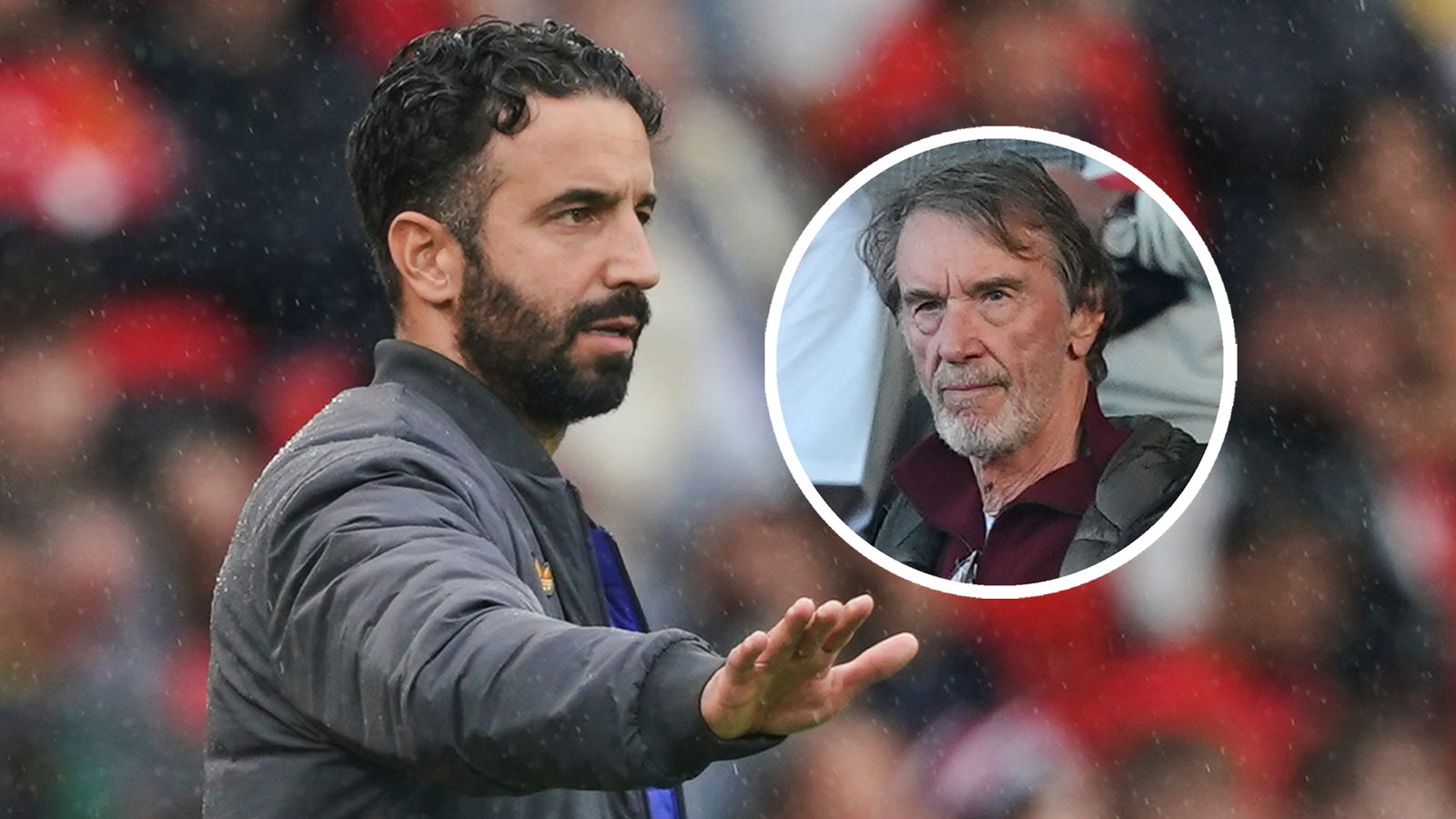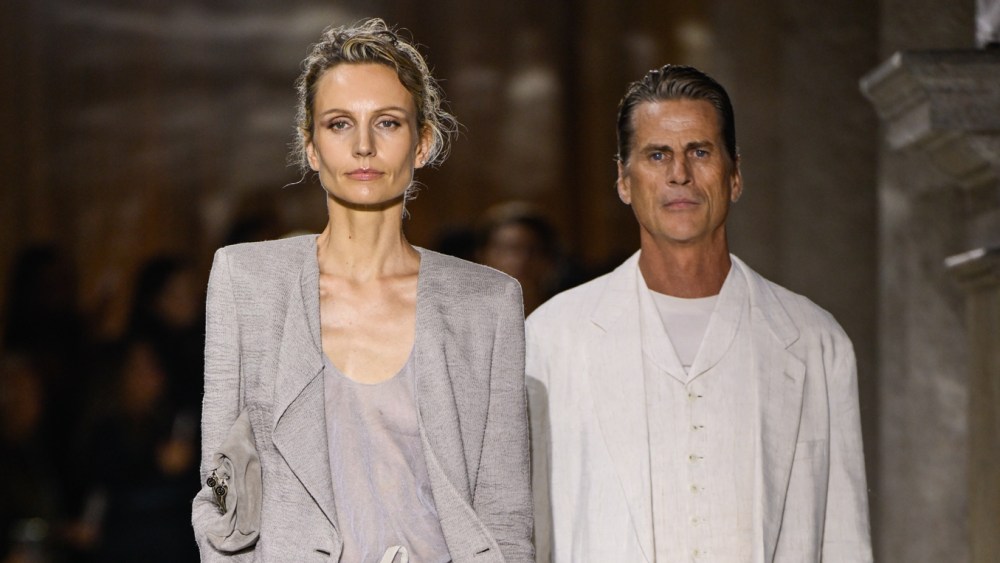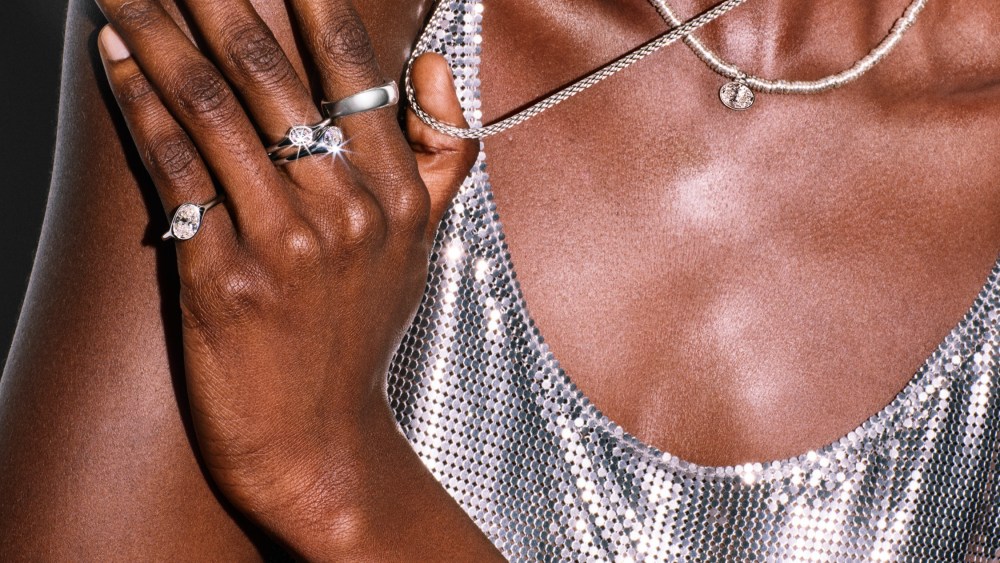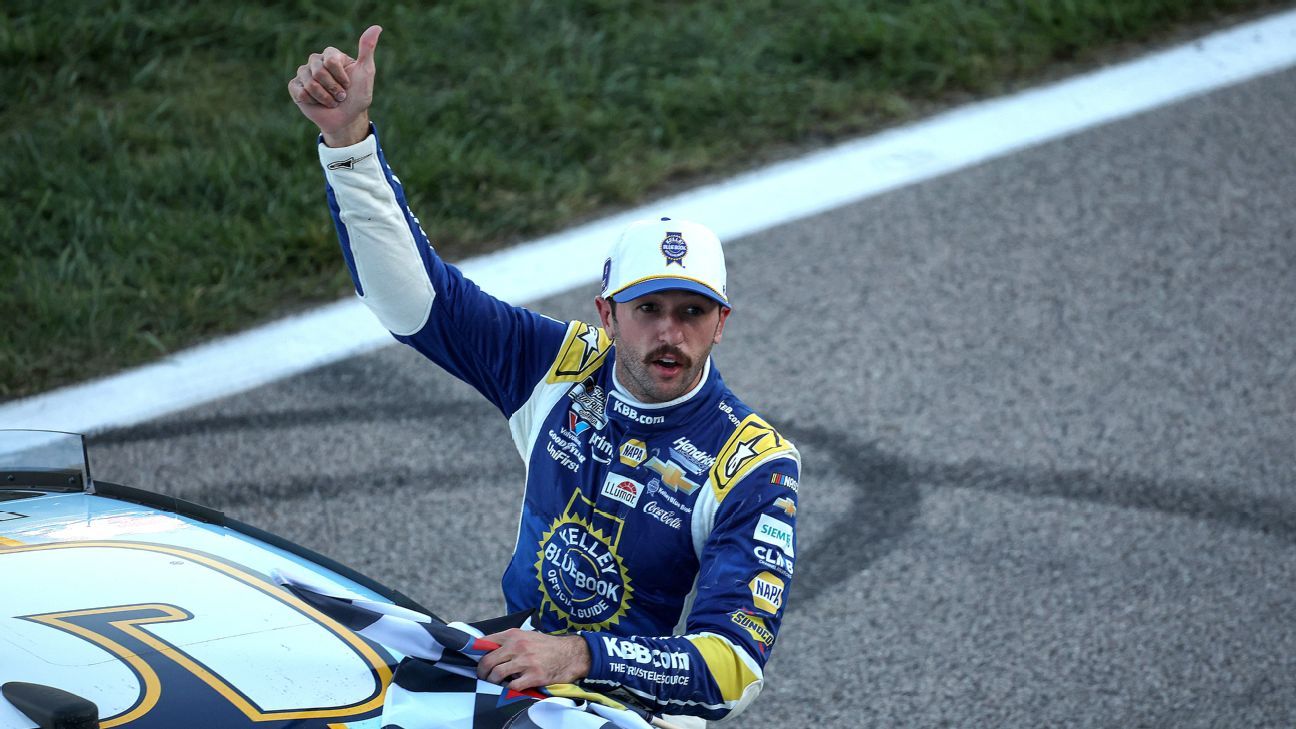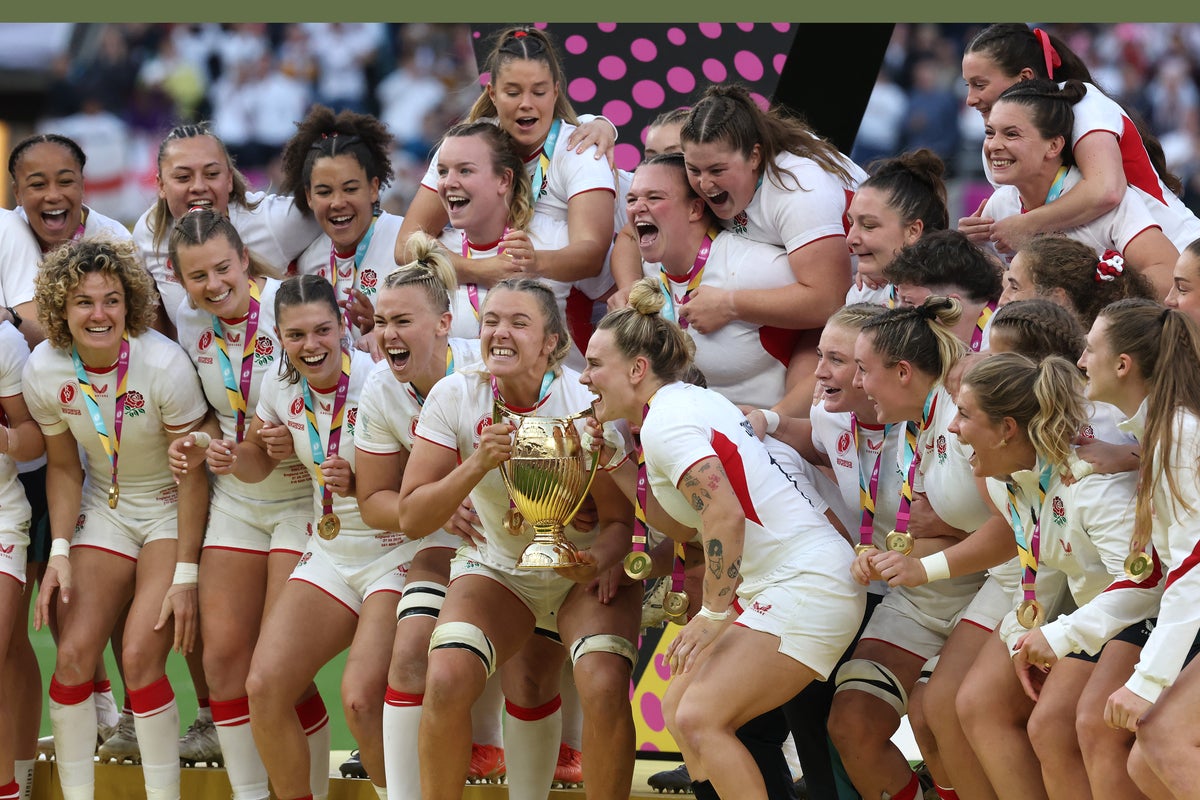
England have won the Women’s Rugby World Cup for the first time since 2014 after a 33-13 win over Canada in the final.
Victory in front of a raucous capacity crowd at Allianz Stadium, Twickenham, extended the Red Roses’ winning streak to 33 matches, with the side crowning their dominance with a prize that had proved elusive in final defeats to New Zealand at each of the last two tournaments.
What enabled England to take the next step? Here are three big calls that paid off:
Hiring John Mitchell
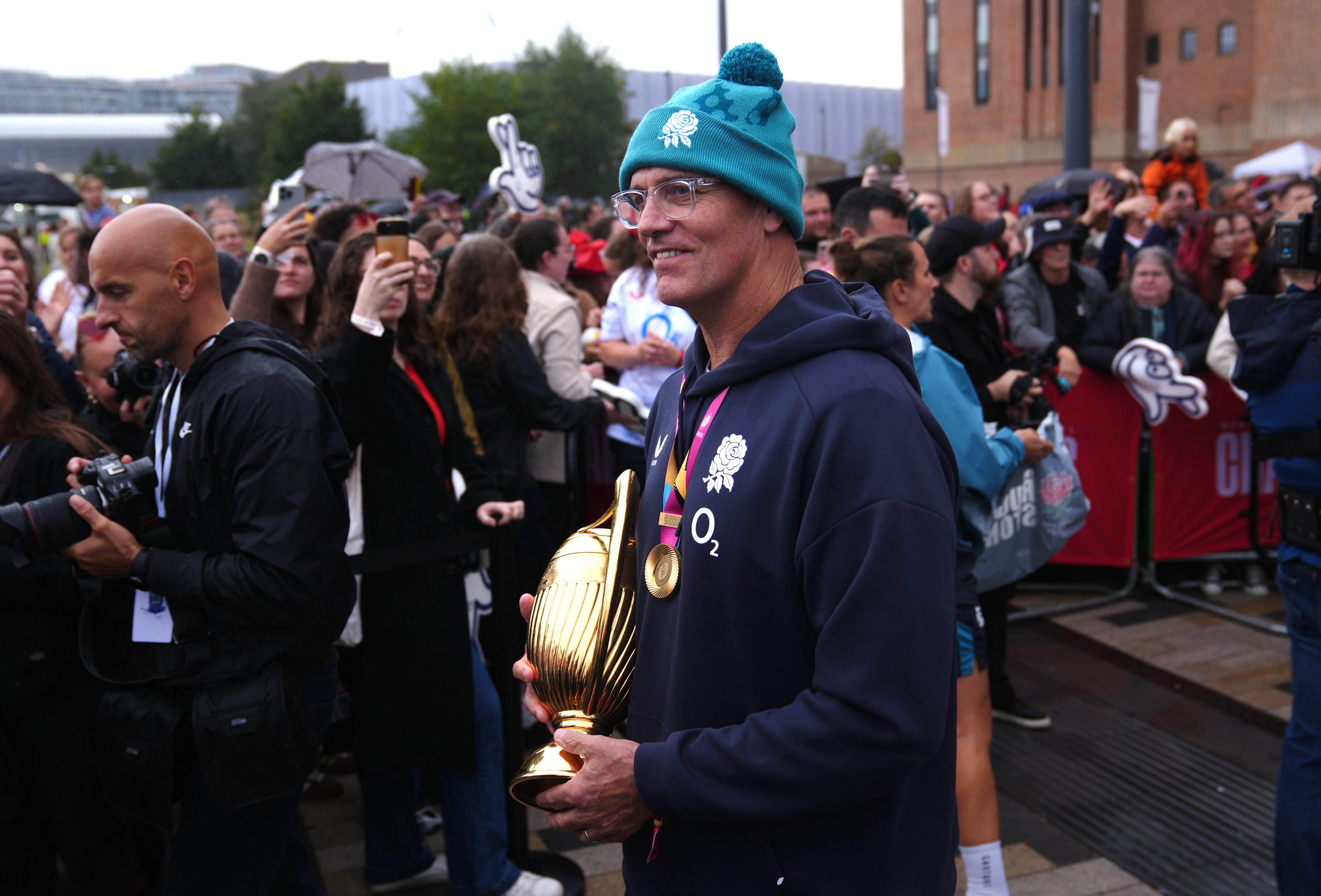
Eyebrows were raised when England turned to the veteran coach in 2023 after a long, considered search for a replacement for Simon Middleton. Mitchell had never worked within the women’s game and was, at the time, contracted to Japan through to the end of the men’s World Cup, delaying his start date until midway through the first edition of WXV. There were plenty within the sport who wondered whether Mitchell could adapt his coaching style to suit a squad, but his appointment ahead of a broad, impressive range of candidates has proved a shrewd decision.
The New Zealander’s communication style has provided clarity for the squad, while he has struck the right balance between demanding high standards on the pitch and affording the players freedom off it. He has fully bought into the Red Roses’ culture, too, appearing in TikToks and allowing some members of the squad to go home from camp if they need to recharge. His presence has helped ensure that the programme is properly resourced, too, with consultant kicking specialist Andy Holloway and scrum guru Nathan Catt both playing key roles alongside an expanded core coaching team.
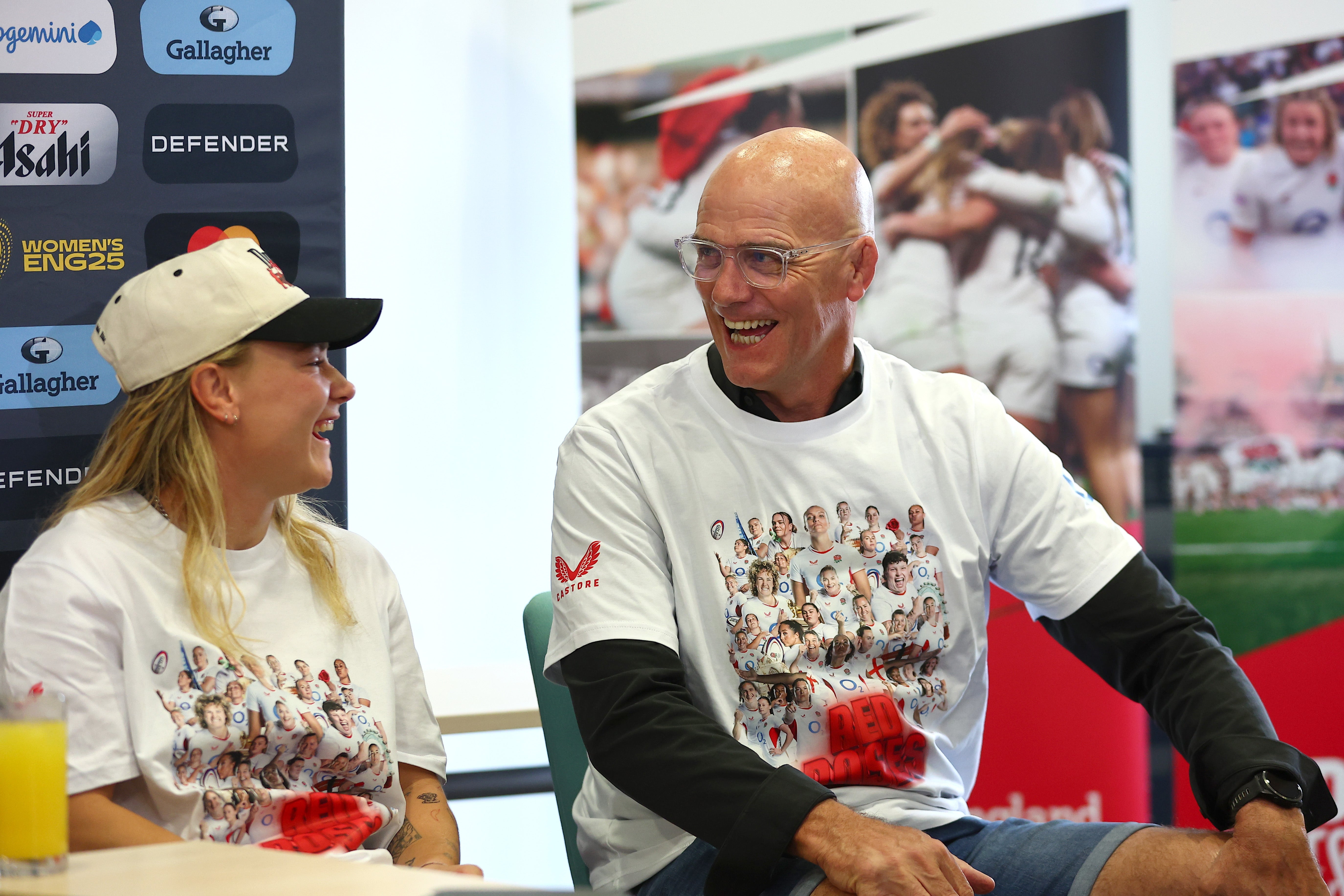
Where some head coaches might have feared a direct communication style would lead to accusations of bluntness, Mitchell has made sure every player knows where they stand, allowing them to process their position and best support the team. “Our culture won,” he said on Saturday night, before adding on Sunday morning: “To be associated with these girls, they are driven, they have changed my life, and changed the way I think as well. Most of my career has been in the men’s game; it’s a bias, isn’t it? It was the only reference I ever had. To get the opportunity to coach these girls, you have got to observe and listen and find ways to make them tick.”
While his future beyond the next Six Nations is as yet undecided, Mitchell is believed to be desperate to ensure that when he steps away – be it sooner or later – the programme is left in a good place with more and more female coaches brought through.
A switch of skipper
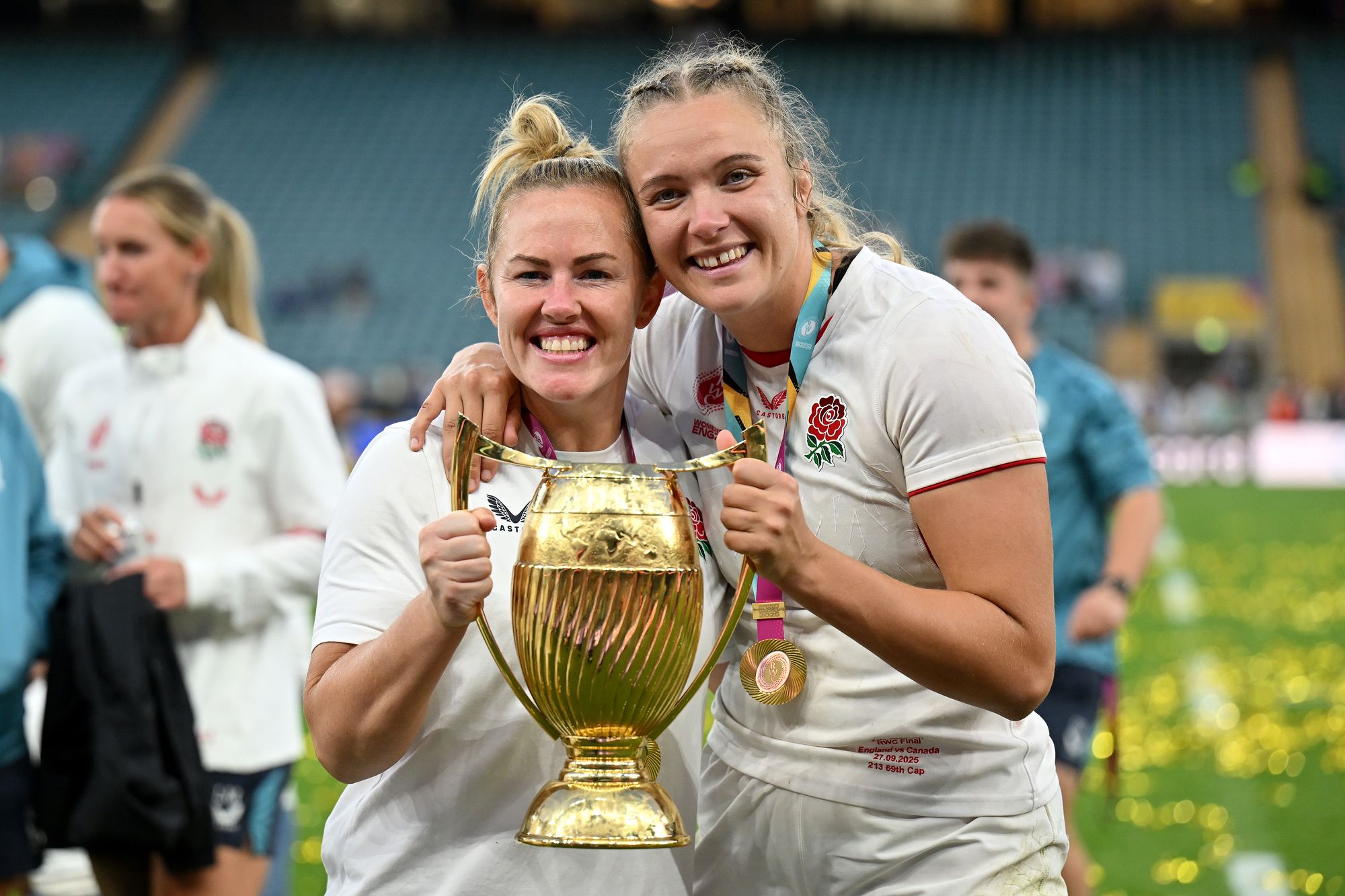
Mitchell has not been afraid to make big calls himself. At the start of 2025, the head coach decided that the squad needed a change of captain, with Marlie Packer no longer commanding a certain starting place. Enter Zoe Aldcroft, England’s most consistent performer and a leader by deed rather than word, who embodied the highly driven, highly focused attitude that Mitchell wished to instil on the pitch.
It was the sort of decision that could have unsettled the group – Packer was a senior and experienced figure, and had not long held the role herself. But the timing of the announcement was clever, made at the start of the year, a couple of months before the start of the Six Nations, ensuring that there was plenty of time for all involved to adjust. The well-liked Aldcroft was already a figurehead within the squad; while not as outwardly expressive as some, all marvel at her workrate and care for the individuals.
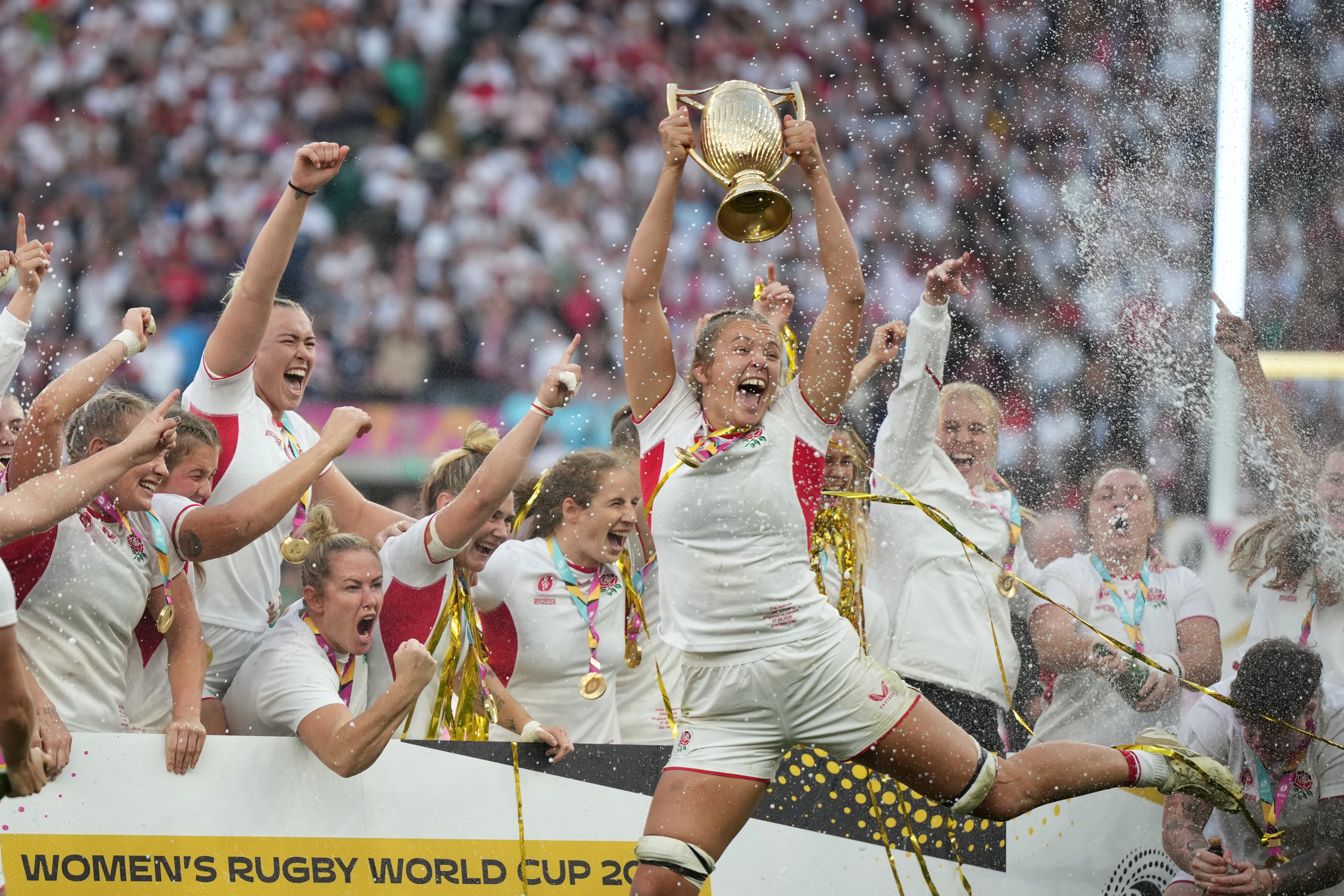
While Packer initially feared she may not make the World Cup squad, Mitchell made her value clear, keeping her as a vice-captain and allowing her to lead the side against Samoa in the pool stages. The tournament will have been tough at times for an arch competitor with selection not falling her way, but Sadia Kabeya, who has displaced her from the No 7 shirt, hailed Packer’s influence on her own game and how generous she had been to help her replacement flourish on the biggest stage. Emily Scarratt, who played sparingly at her fifth World Cup, has also been an influential figure as a calm and incredibly composed head, whether she has been carrying drinks or providing a pastoral role in camp.
Aldcroft, too, has risen in stature, growing more and more comfortable with the more public-facing elements of her role.
Trusting the process
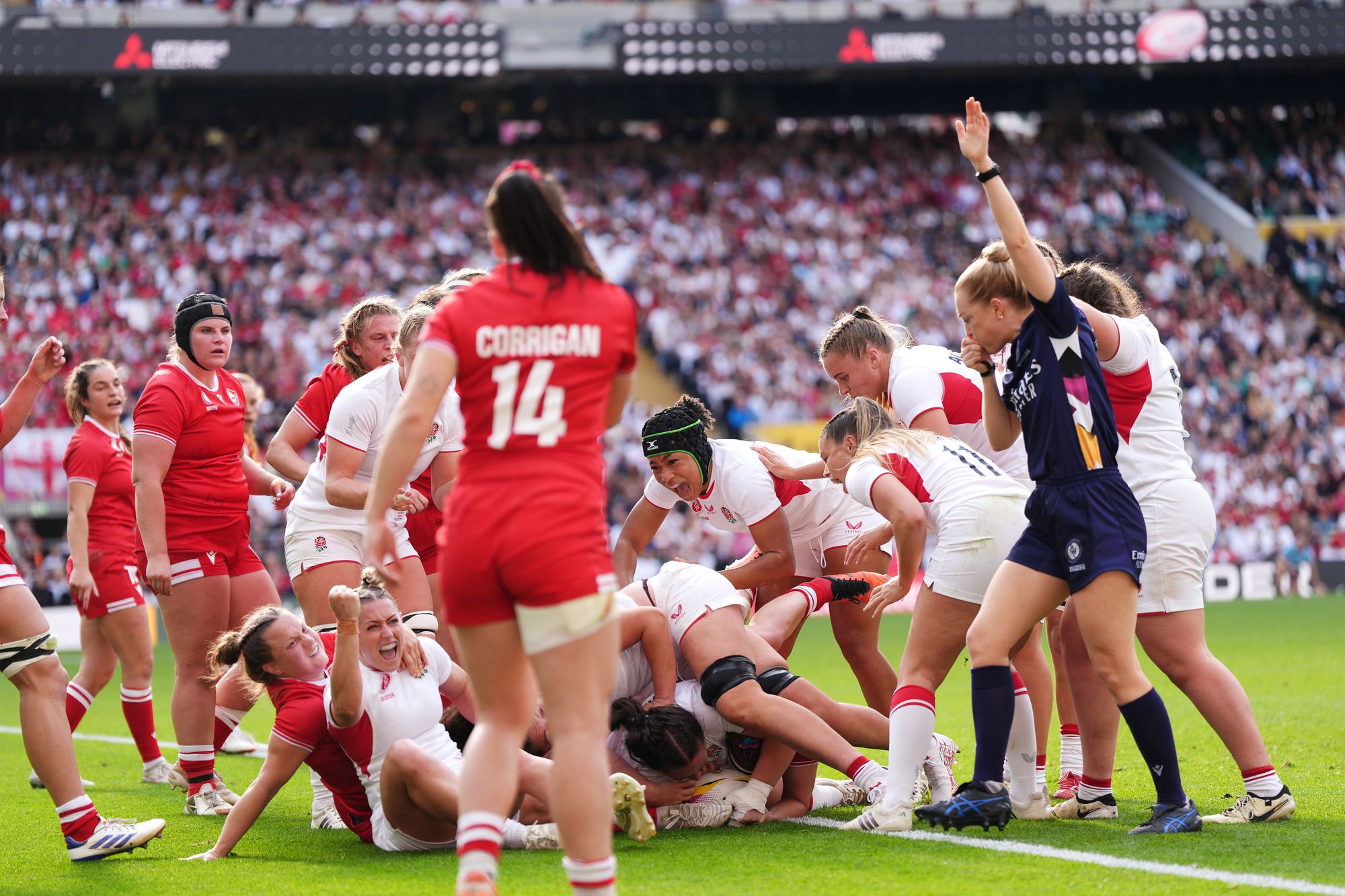
The sizeable scorelines make this tournament look like a romp for England, but they were heavily tested at several points. The first half of the game against Australia showed how an intelligent kicking game and gainline physicality can fluster even the world champions, while, if France had taken their chances in the opening 50 minutes in Bristol, the Red Roses might not have escaped the semi-final.
Indeed, one could probably say that England did not fully find their flow in attack all tournament – although that was partly the plan, and they did not stray from the plan. Mitchell has repeatedly praised his side for playing “effective” rugby designed to win tournaments. Having expanded their attacking game over the last two years, they may go back to a more expansive style in the future, but their excellent execution of a simple plan in the final was obvious. England had faced criticism in some parts for being overly reliant on their brilliant basics, but Zoe Harrison’s world-leading kicking game was used to good effect, and their set-piece dominance prevented Canada ever having a platform.
“We thought that [Canada] attacked pretty easily in the whole tournament,” Mitchell explained post-match. “A lot of teams kicked poorly against them, down their throats.
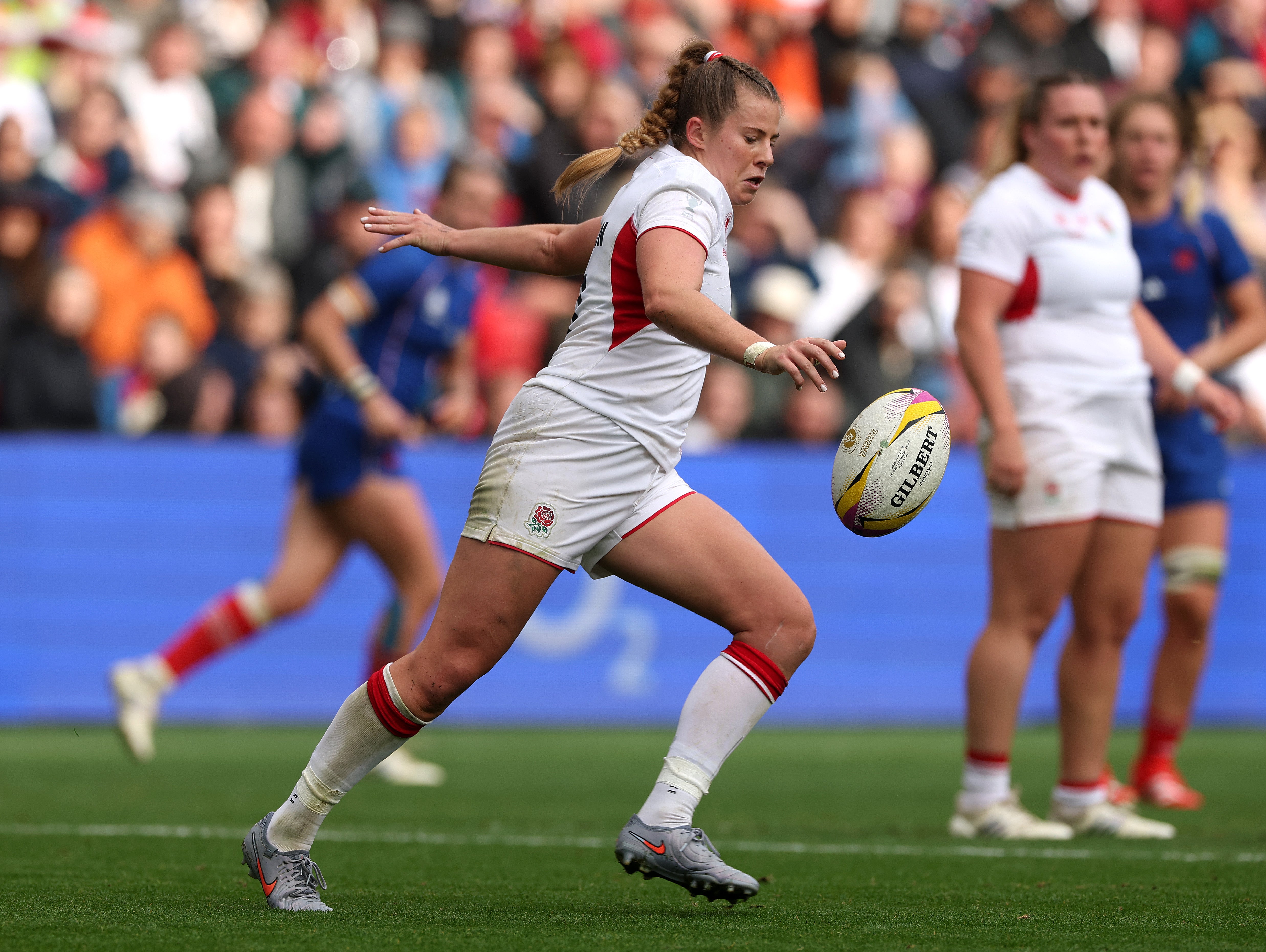
“We thought, ‘let’s put them into a rugby contest and see what that does to them.’ We made them think outside the box, [which] they haven’t had to do so far in the tournament. We belted them off nine and put contestable kicks up to unstructure the back three. As you can see, though, we had to defend for long periods when we didn’t get it right. But yes, that was really our plan and that paid off. I thought we were extraordinary in our defence around the ruck.”
#bold #calls #paid #England #Womens #World #Cup #win


